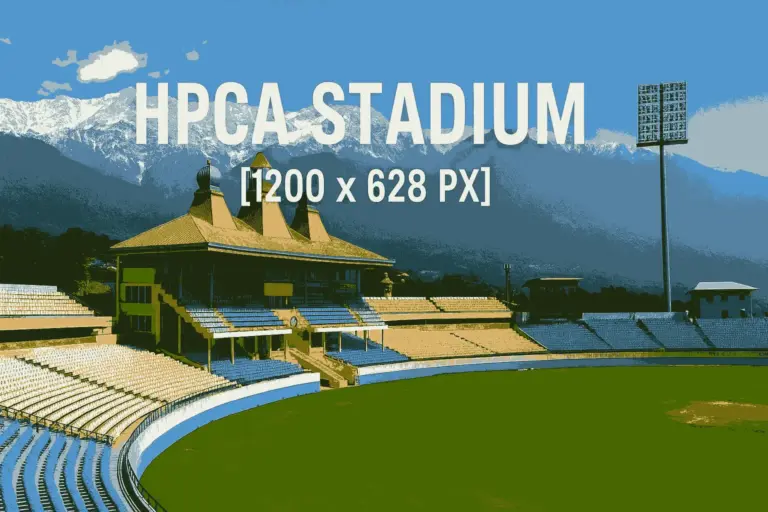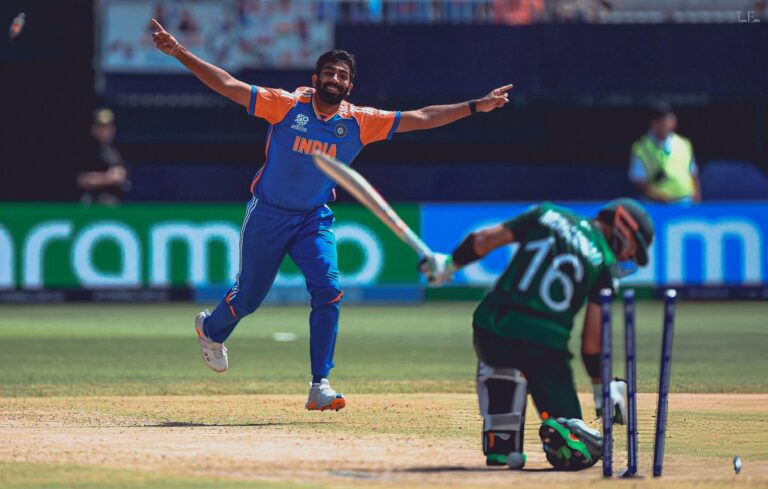Exploring the Influence of Cricket on Political Discourse
Reddy Anna Book, Reddy Book Club: Cricket has a long-standing history of intertwined with politics in various nations across the globe. From colonial times to independence movements, cricket has served as a tool for both the colonizers and the colonized to exert their influence and power. The sport’s structure and popularity have often been used by political leaders to connect with the masses and convey their ideologies.
In countries like India, Pakistan, and Sri Lanka, cricket has played a significant role in shaping national identity and fostering patriotism. Matches against former colonial rulers or rival nations are more than just sporting events; they are seen as battles for pride and honor. Politicians have often capitalized on the emotional fervor surrounding cricket matches to garner support and rally the population behind specific agendas.
The Role of Nationalism in Cricket Matches
Nationalism in cricket matches often runs deep, with players and fans alike proudly representing their countries on the field. The fierce competition between nations in cricket symbolizes a sense of patriotism and unity among citizens, creating a strong emotional bond that transcends the boundaries of the game itself.
When national teams face each other on the cricket pitch, it is not just a battle of skills and strategies, but also a representation of the broader political and social dynamics at play between countries. Victories and losses in cricket matches can evoke strong feelings of national pride or disappointment, influencing public perception and shaping the way nations perceive each other on the global stage.
How Cricket Matches Reflect Societal Tensions
Cricket matches serve as a microcosm of broader societal tensions, often mirroring societal divides and conflicts. Ethnic, regional, and socio-economic disparities can be starkly evident within the dynamics of a cricket match, with spectators and players alike embodying these societal divisions. The intense rivalries and passionate allegiances that characterize cricket matches can reflect the deep-rooted societal issues that persist in many societies.
On the field, the interactions between players from different backgrounds can highlight underlying tensions and historical grievances. The competitiveness and emotional charged atmosphere of cricket matches can sometimes escalate into displays of aggression and hostility that echo broader social conflicts. Off the field, the reactions of fans to the outcomes of matches can also reveal underlying societal tensions, with victories and defeats often being interpreted through the lens of larger societal narratives and power struggles.







